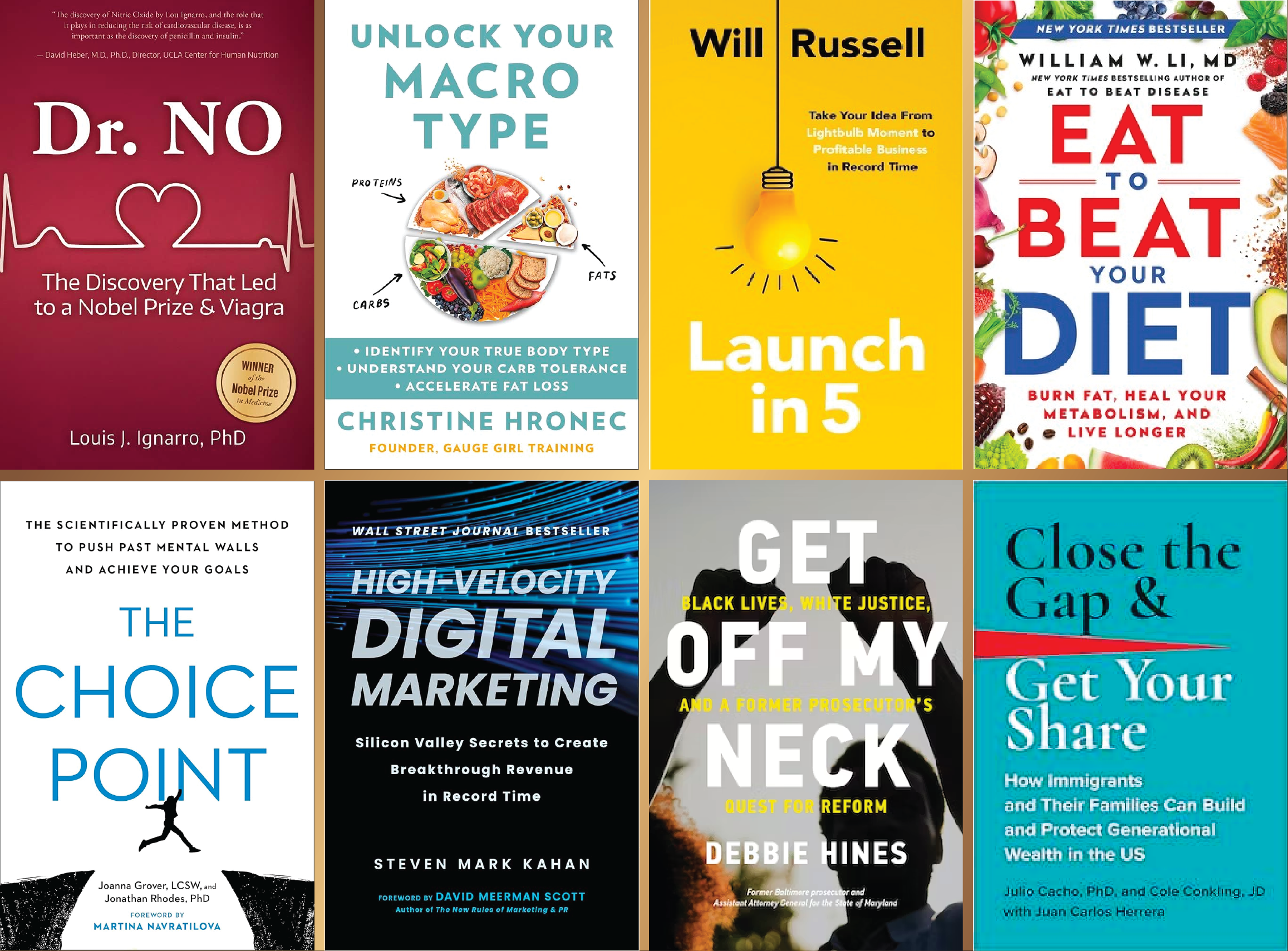Eighty-one percent of Americans say that they plan to write a book “someday.” Yet, less than 1% actually do so.
I’ve seen it happen hundreds of times.
A wannabe author starts a book project, has a lot of good energy around it, then it drags on, and they never finish.
They lose momentum, and their book project dies in the waters of their mind.
I understand the struggle. The process of writing a book or working on a book proposal is no small feat, and for experts who are also balancing a demanding job, family, and a social life, it can feel grueling.
Some people have a lot of free time to write, but most of us don’t have that good fortune.
I know the challenge personally. I’ve written a book in the middle of growing my business and raising two kids as a single mom. It took a lot of determination and organization.
With so many things competing for your time and attention each day, it’s easy for your book to fall to the bottom of the list. It may seem like a luxury to work it, or not urgent, especially when you have a bunch of things encouraging you to look elsewhere.
But here’s the thing: your world-changing book is a big deal. Finishing it is a big deal. It’s not a luxury, it is urgent, and to finish it, you must make it a priority.
Because otherwise, your day-to-day life will always interrupt your book writing process. And, eventually, you’ll lose momentum, and you’ll stop.
There are two things that you can do to make sure you don’t fall victim to the daily duties that might tear you from writing your book:
- carve out time exclusively for working on your book, and
- remove distractions.
Carve Out Time
One strategy is to carve out time every day to write, research, or edit. It could be just one or two hours first thing or the morning, or a few hours right before bed, whatever time works best for you. This strategy will help you maintain momentum on your project.
And if you’re not the type of person who can feasibly carve out time every day, an alternative strategy that I’ve seen work for many people is to carve out a large chunk of time where you actually leave your life and go work on nothing but your book. This could be anywhere from a long weekend to a full week, or even a couple of weeks.
The latter strategy is particularly beneficial for helping you fast-track your project, get over a sticky block, or push your manuscript across the finish line, because while you’re away from home, you can really limit the distractions.
Which leads me to my second tip.
Remove Distractions
Turn off your phone. Turn off your WiFi. You can always turn it back on if you need to research something.
And, if you are home, I recommend setting boundaries with the people you live with. Communicate with them that, “This is my writing time, and I’m not to be disturbed unless there’s a dire emergency.”
It’s wildly inefficient to try finishing a writing project when you’re dealing with constant interruptions. You have to create a container where you can get into a flow state.
If you’re at home, work in a room where you can close the door if possible. If you’re not in a situation where you can do that, find a place away from home for the afternoon or morning, like a café or park.
The hardest part of writing sometimes is just getting yourself to sit down and start. It can take anywhere from a few minutes to a couple of hours, just to put pen to paper. So, the last thing you need is to get interrupted right when you get into the zone.
The Bottom Line is this:
When you are working on a book project, make sure you carve out the time to write and remove as many distractions as possible. You’ll get it done faster, and you’ll keep the momentum going, so you actually finish your project.
Want to accelerate your book writing process? Check out my VIP Writer In Residence Program where you can escape distractions and 10x productivity with a week at my guesthouse near the beach and private coaching with me.




